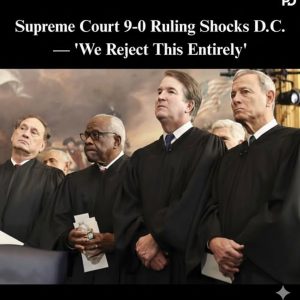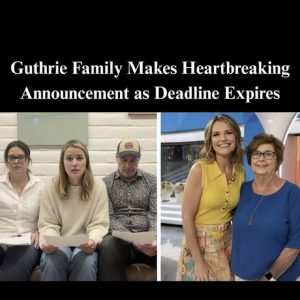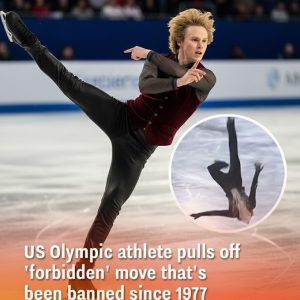Former Stockton, California, Fire Chief Ronald Hittle was fired in 2011 following multiple misconduct allegations, including accusations of favoritism, poor judgment, and attending a church-sponsored leadership summit during work hours. An anonymous letter had labeled him a “corrupt, racist, lying, religious fanatic.” Hittle claimed he was dismissed because of his Christian faith and filed a lawsuit, but lower courts rejected his claim, finding insufficient evidence to proceed. He then appealed to the U.S. Supreme Court, arguing that the Court’s 50-year-old legal test for workplace discrimination—established in McDonnell Douglas Corp. v. Green—should be reexamined.
This week, the Supreme Court declined to hear Hittle’s appeal, avoiding a potential decision that could have reshaped standards for religious discrimination in employment. Justices Clarence Thomas and Neil Gorsuch dissented, saying the case presented an opportunity to clarify when discrimination claims should advance. Hittle maintains that his attendance at the Global Leadership Summit, a Christian leadership event the city had approved as training, was the key factor in his termination. His attorneys argued that an employer cannot escape liability simply because lawful reasons also motivated a firing. The city countered that Hittle’s termination was justified and well-documented, saying his claims misrepresented the appellate ruling.
In other decisions this week, the Supreme Court also declined to hear two major gun rights challenges—one against Delaware’s ban on assault-style rifles and high-capacity magazines, and another against Maryland’s handgun licensing law. The Delaware ban, enacted in 2022, targets semi-automatic rifles like the AR-15 and AK-47 but allows preexisting owners to keep them. Gun rights advocates, including the Firearms Policy Coalition, argued the bans violate the Second Amendment. By refusing to take up the cases, the Court left lower court rulings in place, continuing its cautious approach despite its conservative majority.





